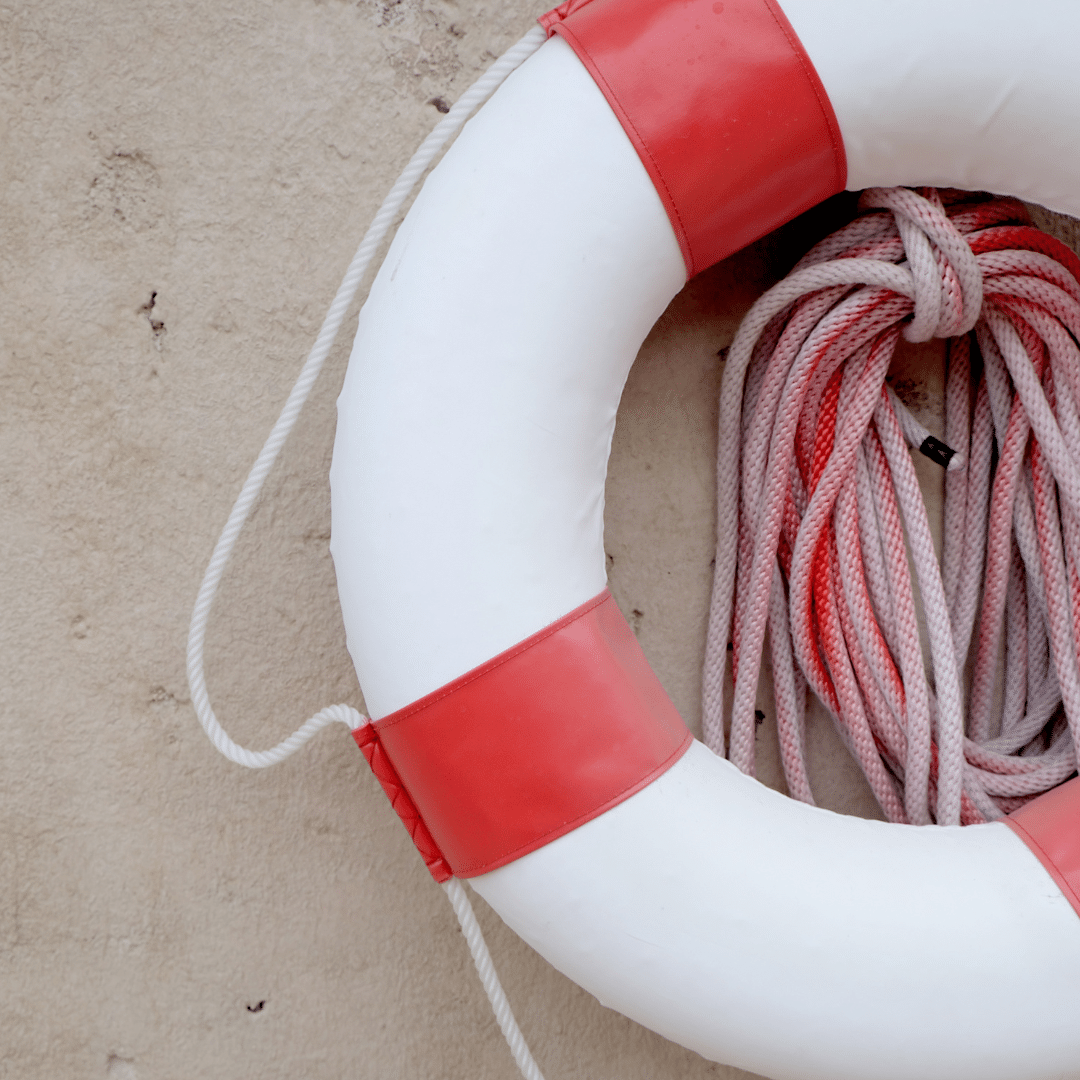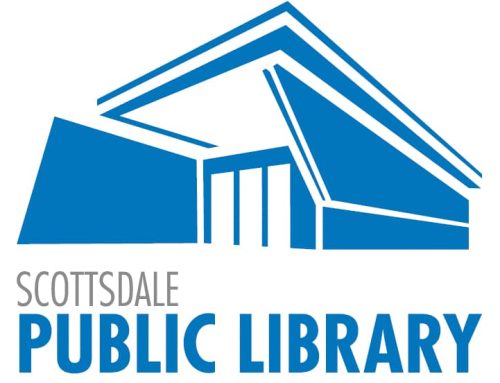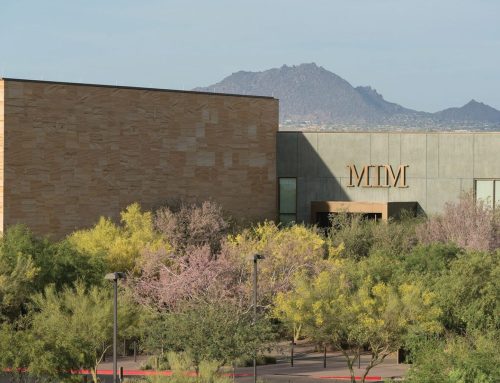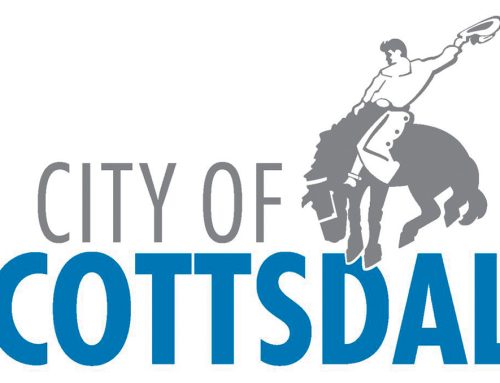In an effort to improve water safety messaging and reduce child drownings in Arizona, SRP is supporting Phoenix Children’s by partnering to support the health system’s drowning prevention curriculum to pediatricians’ practices statewide.
With funding from SRP, Phoenix Children’s is furthering their longstanding work to reduce drownings through a first-of-its-kind drowning prevention program that will provide pediatricians throughout Arizona with the tools and training they need to educate families about water safety during regularly scheduled well-child visits for children who are at highest risk of drowning.
“The partnership with SRP means more pediatricians will have access to evidence-based drowning prevention curriculum and resources,” says Tiffaney Isaacson, senior injury prevention specialist at Phoenix Children’s Center for Family Health & Safety. “This is a critical aspect of preventive care for families with young children, especially in Arizona. Our programming helps clinicians engage families in concise, meaningful conversations about risk factors and strategies based on the child’s age and developmental stage.”
According to the Centers for Disease Control, drowning is the number one cause of death in children from ages 1 to 4. In Arizona, the rate of drowning is nearly twice the national average.
“As the largest provider of water to the Valley, SRP understands the importance of water safety. Most drownings take place in swimming pools and can occur silently and swiftly, which is why we work closely with cities and agencies around the Valley to help our community partners educate families about the importance of water safety,” says Regina Lane Haycock, SRP’s water safety community engagement strategist.
Phoenix Children’s designed the curriculum to dovetail with clinician and caregiver discussions on typical developmental milestones for young children. When a parent visits a trusted medical provider, they will also be armed with information on how to keep their little one safe around the pool or any body of water.
“For example, parents of a 2-year-old will learn about their child’s thinking, physical and social skills, such as their interest in climbing and scrambling and their tendency to break rules,” says Isaacson. “These conversations will help parents understand their toddler’s risk factors at a much more personal level and bring the importance of water safety to life in a powerful way. Our goal is simple: to save children’s lives.”
Program development and recruitment have taken place through Phoenix Children’s Care Network, one of the nation’s largest clinically integrated networks. PCCN pediatricians who opt into this program receive training during two instructional sessions and can earn Maintenance of Certification Part IV credits from the American Board of Pediatrics. They also have ongoing access to the health system’s injury prevention team as questions and needs arise. Phoenix Children’s provides supplemental materials, including provider newsletters, exam room posters and caregiver handouts in English and Spanish, and sunscreen packets for patient families, to underscore the water safety messaging.





